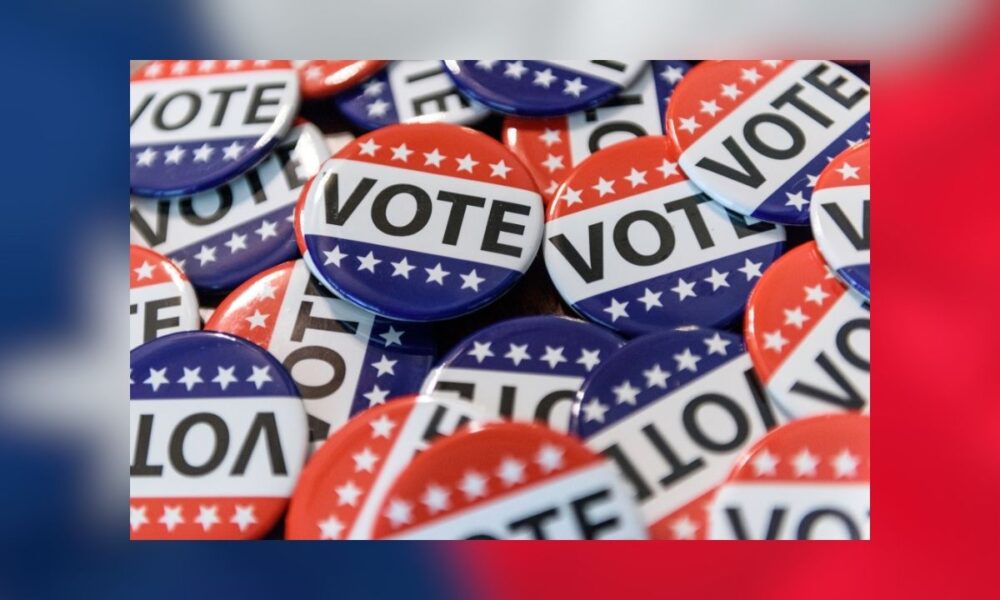Texas voters face 17 constitutional amendments on the November 4 general election ballot, with early voting continuing now through October 31.
Below are the amendments. Click the corresponding links to learn more.
Proposition 1 establishes endowment funds for Texas State Technical College capital needs, addressing skilled worker shortages in plumbing and welding.
Proposition 2 prohibits taxing realized or unrealized capital gains, costing an estimated $152,000 yearly.
Proposition 3 requires denying bail for certain felony accused, like murder or aggravated assault, if the state proves flight or safety risks; defendants get attorneys at hearings. Republicans cite violent crimes on bond; civil rights groups invoke the Supreme Court on pretrial liberty.
Proposition 4 dedicates up to $1 billion annual sales tax revenue from 2027 to the Texas Water Fund for pipes, desalination, flood mitigation, and conservation, tackling $154 billion in projected needs by 2050.
Proposition 5 exempts retail animal feed inventory from property taxes, addressing an inconsistency in current law that exempts animal feed from taxation at every other stage of its life cycle, from harvest to purchase, except when it is sitting in a store as inventory.
Proposition 6 bars occupation taxes on securities entities or transactions.
Proposition 7 allows a full homestead tax exemption for unremarried spouses of veterans who died of service-connected illness or conditions; about 3,000 spouses would be eligible, at minimal state cost.
Proposition 8 prevents future death or inheritance taxes.
Proposition 9 exempts up to $125,000 of business income-producing tangible property from taxes, costing the state $193.5 million in 2027 and over $100 million annually thereafter; locals may raise rates.
Proposition 10 offers temporary tax relief on homes uninhabitable 30 days post-fire; the cost for the state to make up the lost revenue for the local school district remains uncalculated.
Proposition 11 raises the school homestead exemption for the elderly or disabled from $10,000 to $60,000. This could cost the state more than $1.2 billion over the next two fiscal years to make up the lost revenue to the school districts.
Proposition 12 expands the State Commission on Judicial Conduct with more citizen members, adjusts tribunals and sanctions, including future office bans; current terms end July 2026.
Proposition 13 boosts the general school homestead exemption from $100,000 to $140,000, saving the owner of a typical $302,000 home about $490 per year with rate cuts; state costs would exceed $2.7 billion for 2026-2027, over $1 billion annually after.
Proposition 14 transfers $3 billion in surplus to create the Dementia Prevention and Research Institute of Texas and up to $300 million annually afterward, modeled on the Cancer Prevention and Research Institute fund passed in 2007.
Proposition 15 enshrines parents as primary decision-makers for children’s upbringing in accord with federal case law.
Proposition 16 explicitly bars non-citizens from voting. Although Texas voters are required under current state law to attest to their U.S. citizenship when registering to vote, adding this measure to the state constitution would make it more difficult to change that requirement in the future.
Proposition 17 exempts increases in border county property values from state-added security infrastructure costs; the cost to local school districts is likely to be minor and would be covered by the state. Other local taxing jurisdictions may impose rate hikes.


